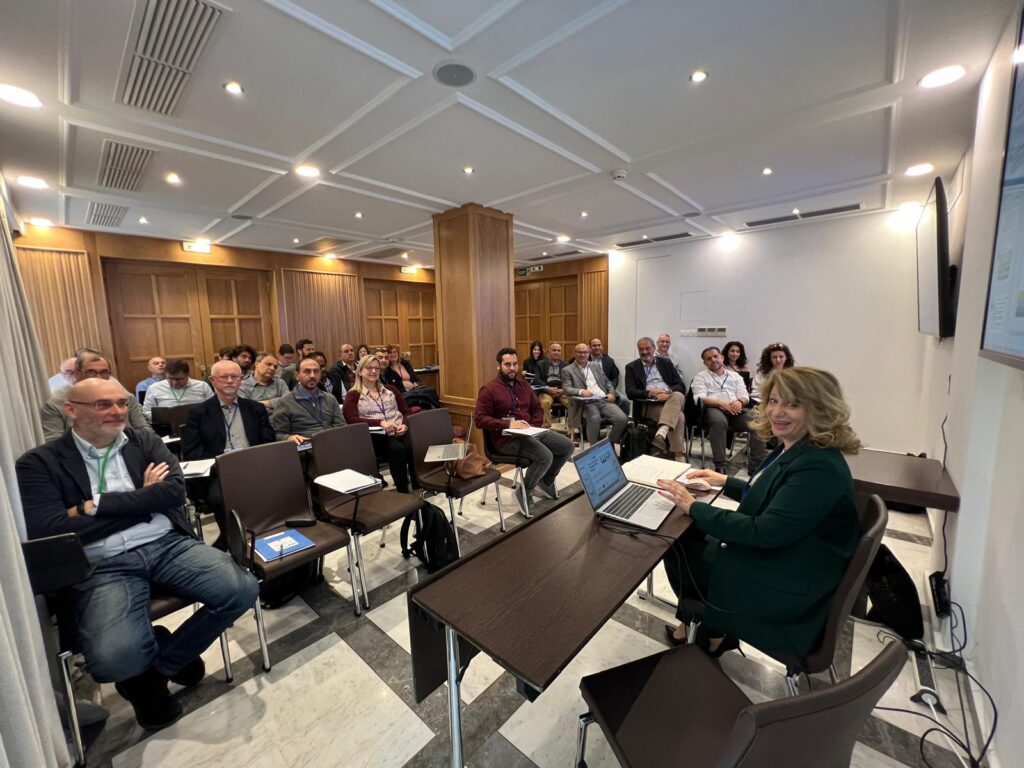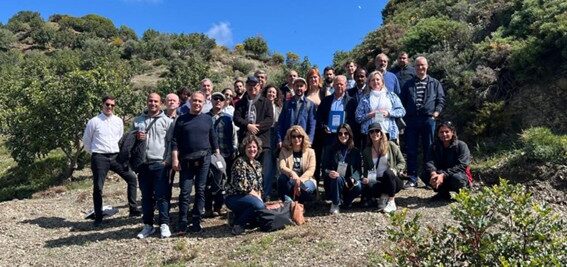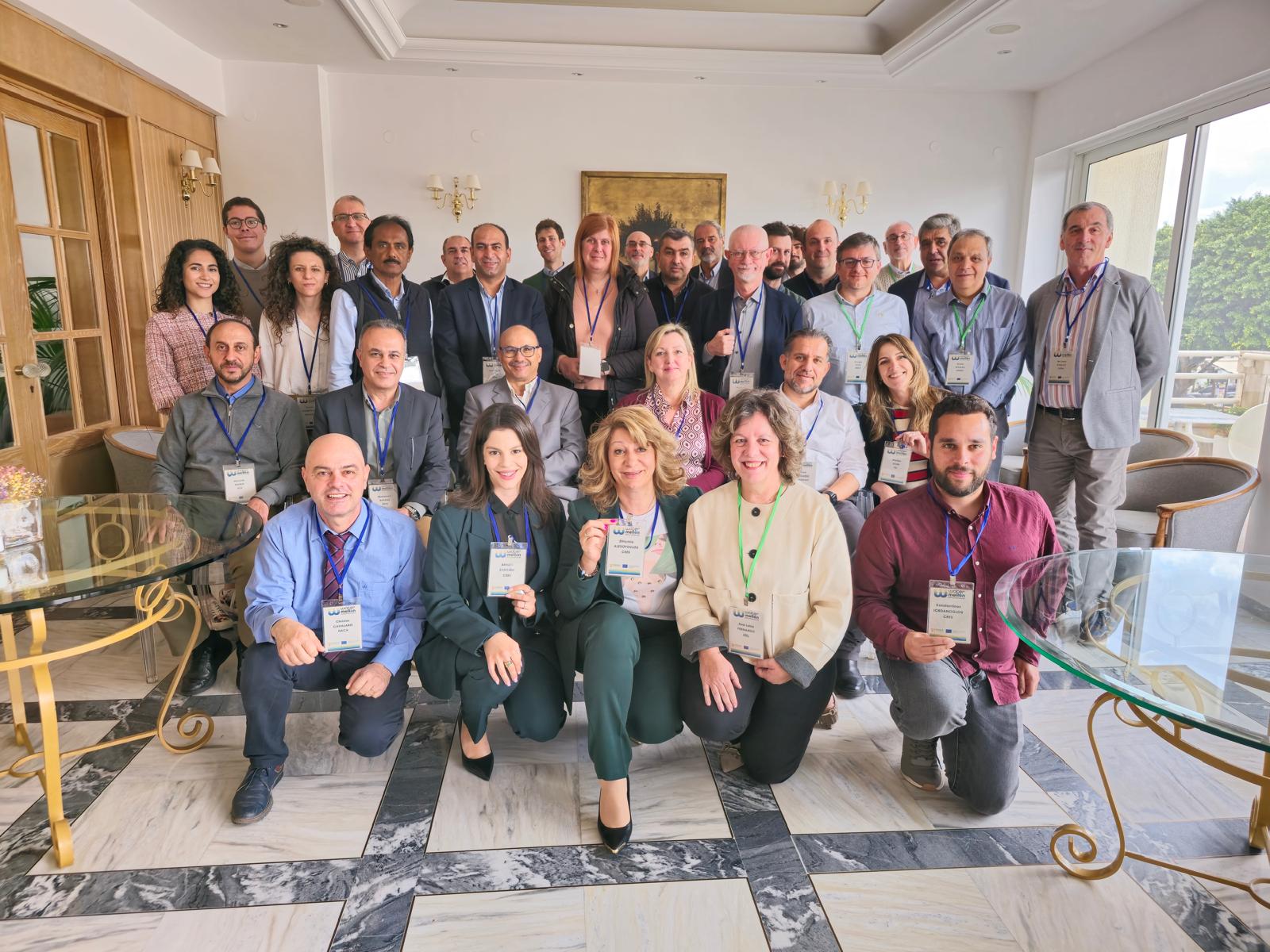The WaterMellon PRIMA project held its kick-off meeting, bringing together partners from across the Mediterranean basin to promote climate-adapted agricultural systems. During the event, the project’s goals and plans for the next 39 months were presented, focusing on cultivating drought- and salinity-tolerant species, co-designing water harvesting techniques, and developing new value chains with local farmers.
On April 2 and 3, 2025, the European research project WATERMELLON PRIMA launched in Crete, Greece, gathering partners from across the Mediterranean region. The event marked the beginning of a joint effort to promote sustainable and climate-resilient farming systems designed to tackle drought and salinity related challenges.
The opening session featured a welcome from Fabrice Dentressangle, representative of the PRIMA Association, who outlined the project’s monitoring and implementation framework. Project coordinator Efthymia Alexopoulou, from the Center for Renewable Energy Sources and Saving (CRES), then presented the main objectives and activities planned over the 39-month implementation period.
During the meeting, each partner organization introduced itself and explained its role in the project. In the coming months, efforts will focus on co-designing and testing new cropping systems combined with water harvesting techniques, with special attention to drought- and salinity-resistant species and the development of new value chains.

As part of the meeting, the consortium visited a carob demonstration site in Crete, one of the key crops included in the project trials. Promoted by the Agricultural University of Athens (AUA OFC), each tree in the experimental plot was labelled to indicate the type of amendment applied and equipped with moisture sensors to measure soil levels before and after application. The visit provided valuable insights into the practical implementation of the project’s goals.
Partners also had the opportunity to interact with local farmers, who warmly welcomed the group, shared their experiences, and showcased carob-derived products already on the market.
This kick-off meeting marks the beginning of an exciting international collaboration. In the coming months, partners will work closely with farmers and other local stakeholders to develop and disseminate innovative agricultural practices tailored to local contexts. Interviews with farmers and experts involved in the project will be published soon.
INICIATIVAS INNOVADORAS is responsible for the project’s Communication and Dissemination.

